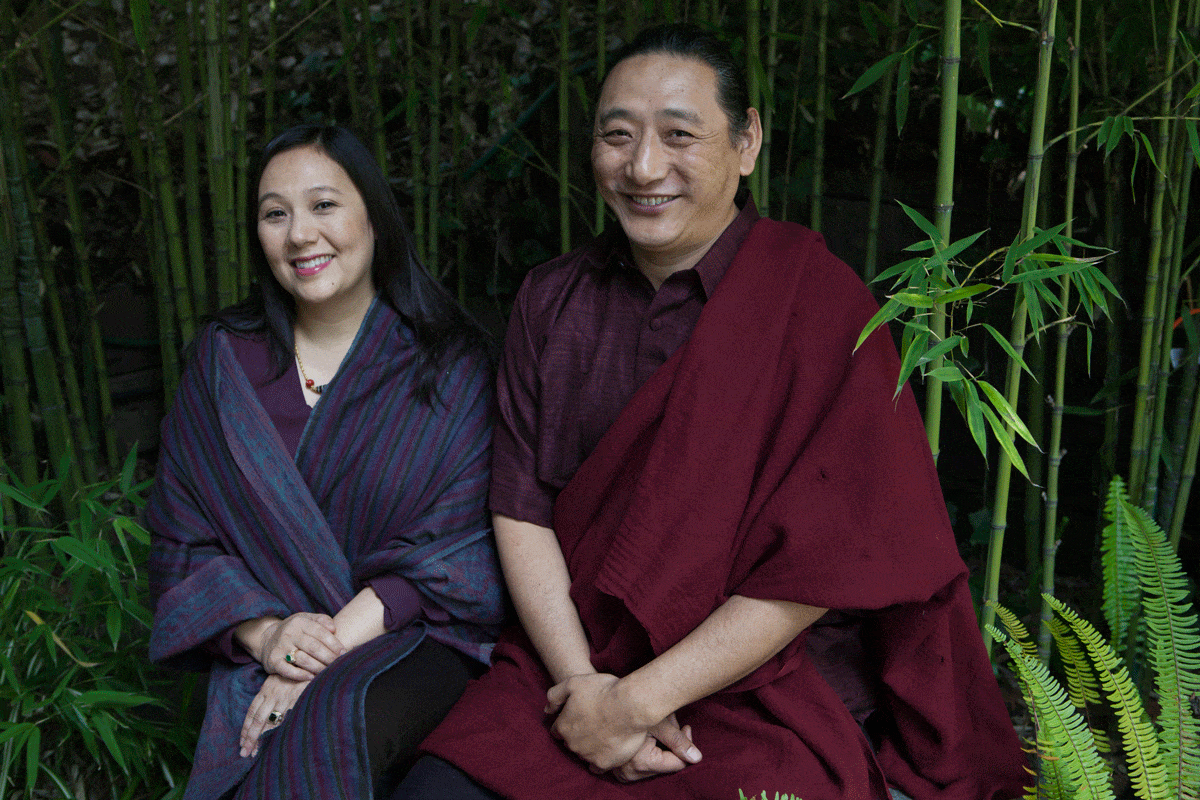Last July, when my father, Tarthang Rinpoche, requested that we become the new deans of the Nyingma Institute, it came as a great honor and surprise. It also made us pause and look with very full hearts to the previous deans, Sylvia Gretchen and Barr Rosenberg. For eighteen years, Sylvia carried out her role as Dean and lead teacher at the Institute with unfaltering love and devotion; in the process, she was able to share the healing wisdom of the Dharma with thousands of students. Barr, too, tirelessly supported the Institute as Dean and as a creative and invigorating teacher, with a profound dedication to the vastness of Rinpoche’s vision.
For quite some time, unfortunately, Sylvia has been facing mounting challenges to her health, and, with the deepest gratitude for her extraordinary contribution to the Nyingma Institute all these years, Rinpoche saw that a new deanship was the compassionate decision for all. It is our hope that we can honor the efforts of our predecessors and continue to learn from their noble and selfless example.
As my husband Lama Palzang and I have stepped into our new roles, we are grateful for this opportunity to offer our energy, knowledge, experience, and deep commitment to the Nyingma lineage. Since I was a child I have witnessed the Nyingma Institute, the first Tibetan Nyingma center in America, take root and flourish and give rise to a remarkably dedicated community. Though Rinpoche went on to engage in other monumental Dharma activities, the Nyingma Institute has always remained central to his mandala of organizations, and the portal through which many of his long-term students have come.
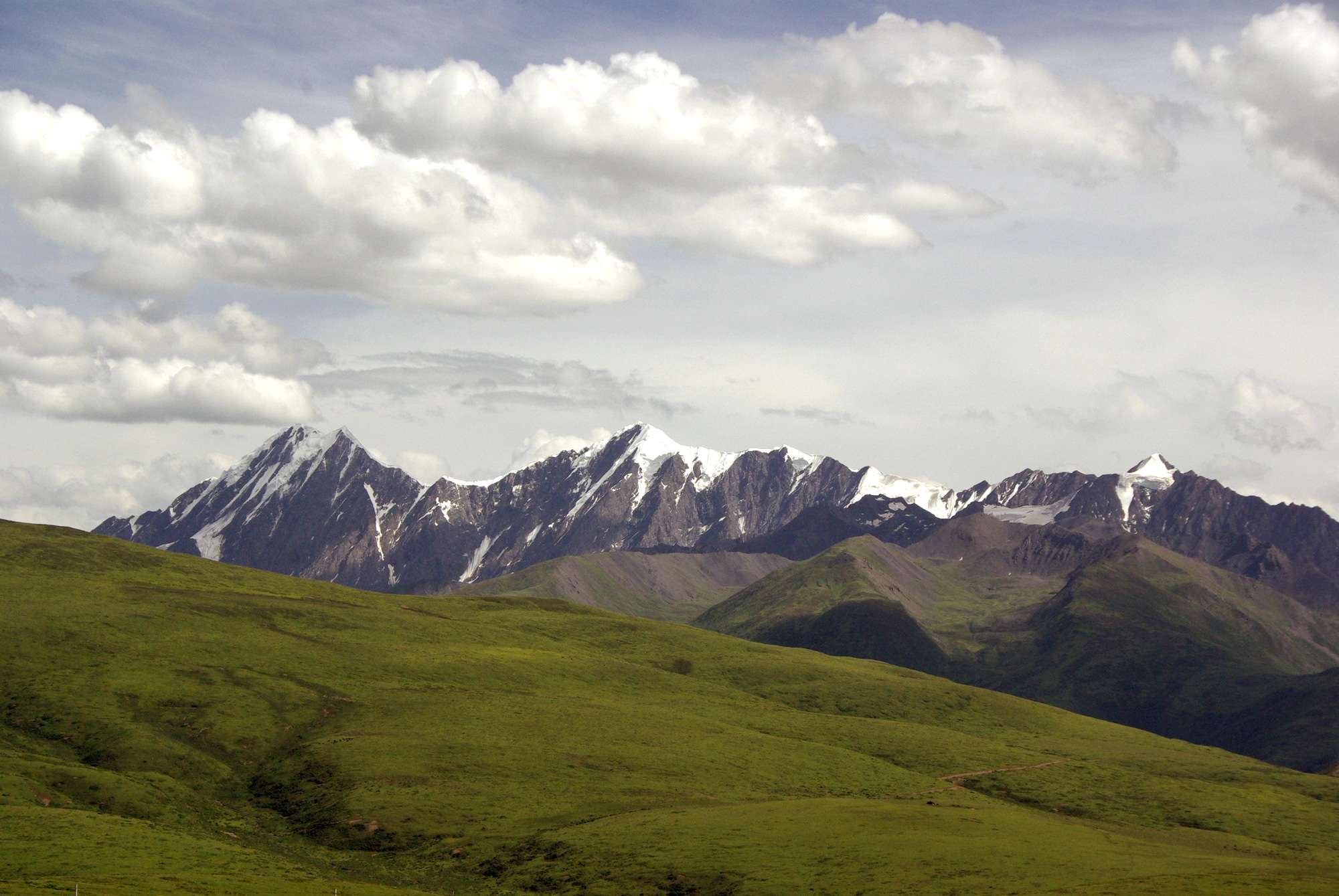
On the surface it might seem as if there is a great chasm of space, time and knowledge between our cultures. Tibet has had an unbroken lineage of realization since the 8th century, when Padmasambhava arrived like a thunderbolt of realization in Tibet, and together with King Trisong Detsen and the Abbot Shantarakshita, laid the field for fruitful transmission. Yet I have found that many Westerners find themselves drawn to the Nyingma tradition that springs from these roots, as if Padmasambhava were answering an important question for them, a question they could not quite put into words.
Perhaps Westerners have such an affinity for that period of early transmission in Tibet, because, we too, find ourselves now in a similar moment of tremendous hope and uncertainty, a moment of knowledge transmission as urgent as it is profound.
Over the last 45 years at the Institute, more than a hundred thousand students have passed through these doors. Since that time, America has undergone great cultural shifts. The first generation of Dharma practitioners in America has already passed; thanks to the efforts of those early pioneers, Buddhism is much more mainstream now, with magazines on all kinds of Dharma topics available at the check-out of every Whole Foods store across the country. But in truth the perspective offered by the Dharma is still a very new one for Westerners, and its future here is still fragile.
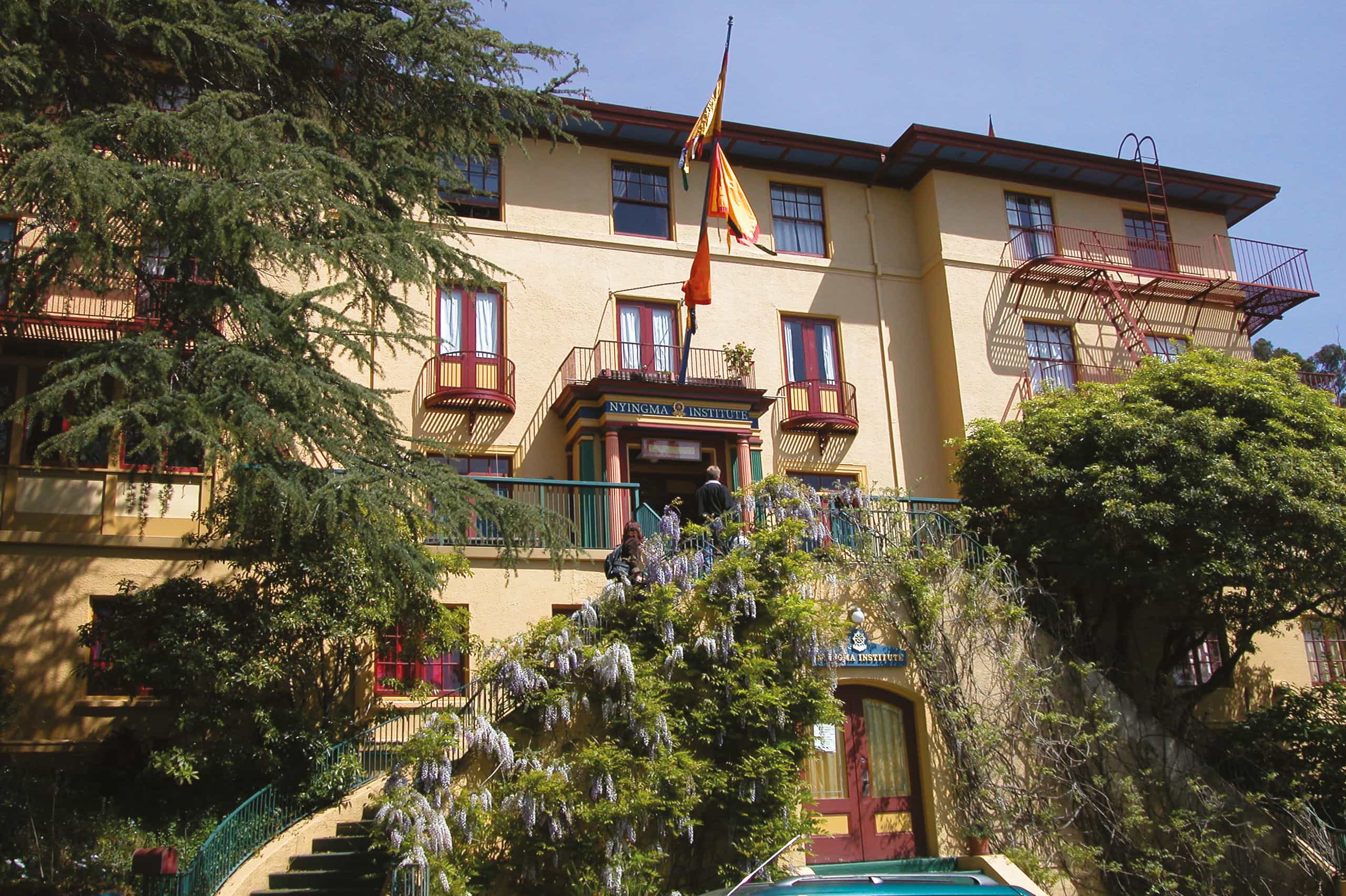
It is for this reason that the Nyingma Institute offers two approaches: a path that emphasizes Dharma Studies and practices with a Nyingma orientation; and a more secular, humanistic path that offers the wisdom, beauty and practices of Buddhism but does not require belief in a special doctrine. Both paths are reliable, versatile and accessible: trustworthy ways that the ordinary person can benefit from the riches of teachings that Rinpoche has shared with the West.
How do we honor the Awakened Ones with the precious gift of Dharma that we have received? How does Dharma ennoble our life beyond giving us a set of methods that ease our personal suffering? We want to help nurture a community that addresses these deeper questions—a community that studies, contemplates, and meditates upon the teachings of the Buddha and the Nyingma lineage and at the same time, endeavors to benefit others in the most effective way, by working to support the longevity of the Dharma on this planet.
From our standpoint, especially at this moment in history, the purpose of studying Dharma is not just to gain peace for ourselves, but to find a dynamic point of balance between individual practice and active engagement in service of humanity, so that all we learn can become a force that brings more and more goodness into the world.
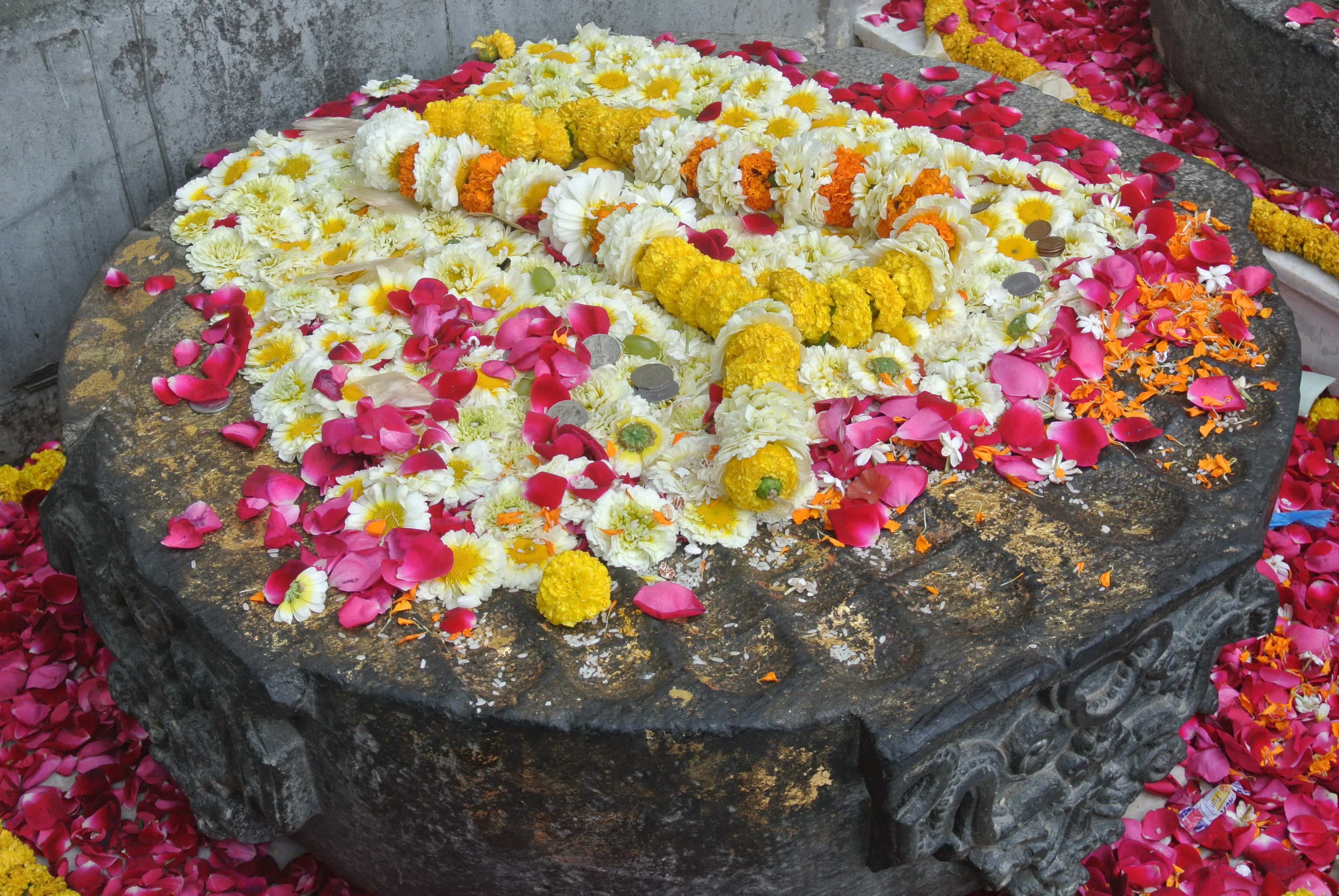
Lama Palzang and I, along with our dedicated faculty, would like to share the teachings in ways that speak to and benefit the whole person at all stages of life. As a community composed of individuals and families, we aspire to create a place of contemplative refuge, a spiritual home where all can learn to nurture and align the heart, mind, and body and deeply open the senses and discover a sense of the sacred, and enter a traditional path if they wish.
Lama Palzang’s teaching will draw upon his own extensive training in Tibetan Buddhist mantra and authentic retreat practices, as well as crucial fundamental practices like Ngondro. These preliminary practices are common to all the Tibetan schools, and it is an honor and a privilege to make them available to our students here in the West.
For those who aren’t inclined to the ritual or cultural aspects of Tibetan Buddhism, we will, of course, continue to offer teachings such as Kum Nye Yoga, Nyingma Meditation and Psychology and Skillful Means—healing and inspiring paths that help restore well-being, arouse energies of love and compassion, expand inner freedom, and awaken the potential in all of us to live meaningful lives based not on ego, but on kindness and respect for all beings.
Over the years, many who studied with Rinpoche have gone on to become influential pioneers in their fields, whether in physics, psychology, philosophy, religion, or meditation. We are very interested in reconnecting with our old students, and working together to bring new and diverse perspectives to the Nyingma Institute. Exploring the arc of the knowledge they gained here, we could create new programs, seminars and talks together that are relevant to the needs of our time.
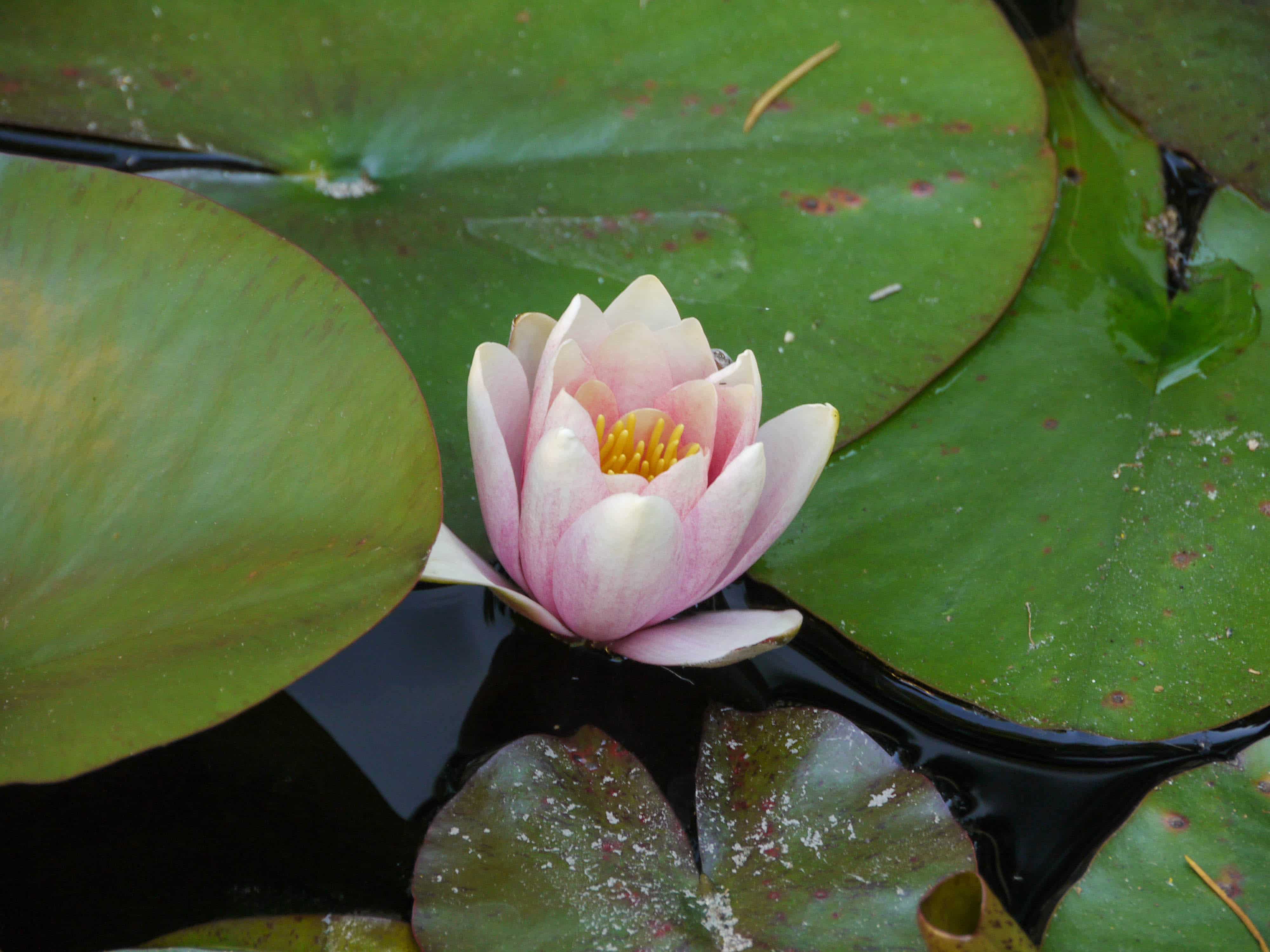
With all our hearts, we thank you for supporting the Nyingma Institute all these years. As your spiritual friends, we hope that you will approach us with your needs and concerns so that we can carry out our purpose of serving you and supporting your practice. It takes all of us, deeply seeking beings, showing up with our full humanity to make a vibrant and luminous community together.
Love,
Pema Gellek and Lama Palzang
Deans, Nyingma Institute
